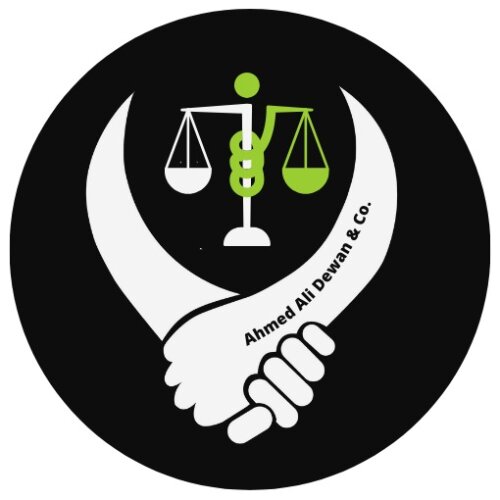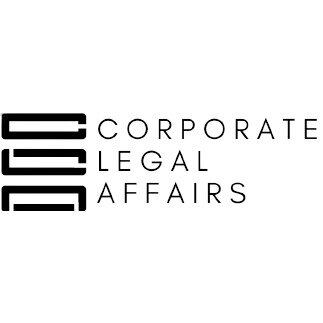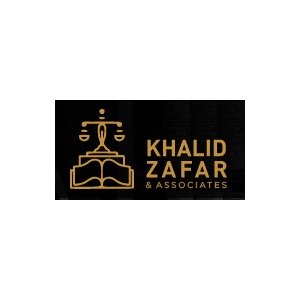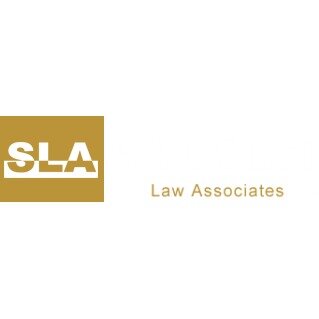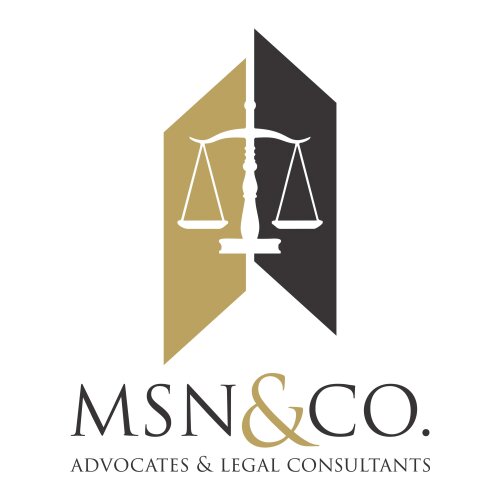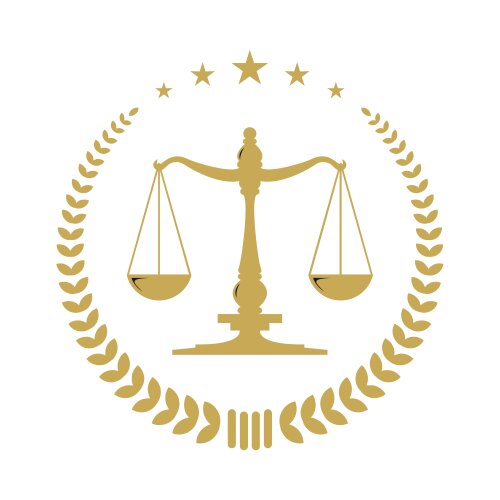Best Mortgage Lawyers in Pakistan
Share your needs with us, get contacted by law firms.
Free. Takes 2 min.
Free Guide to Hiring a Real Estate Lawyer
Or refine your search by selecting a city:
List of the best lawyers in Pakistan
About Mortgage Law in Pakistan
Mortgage in Pakistan refers to the legal process through which a property is used as collateral for the repayment of a loan. The matter falls under the Transfer of Property Act, 1882, which governs the creation, functionality, and enforcement of mortgage agreements. Mortgage law ensures that both the lender and borrower understand their rights and responsibilities throughout the tenure of the loan. Different types of mortgages exist, such as simple mortgage, usufructuary mortgage, and English mortgage, each differing in terms and conditions. Understanding these differences helps in navigating the legal landscape of mortgage in Pakistan.
Why You May Need a Lawyer
There are several situations where you may require legal assistance in the field of mortgages:
- Understanding Mortgage Terms: Legal jargon in mortgage documents can be confusing, and a lawyer can help interpret terms and conditions.
- Dispute Resolution: Disputes may arise between the borrower and lender, requiring legal intervention to mediate and resolve issues.
- Foreclosure Proceedings: If a borrower defaults, understanding foreclosure proceedings is critical, and a lawyer can guide you through the process.
- Contract Execution: Ensuring that the mortgage agreement is legally sound and fair can prevent future complications.
- Mortgage Modification: Lawyers can assist in negotiating terms during the modification of existing mortgage agreements.
Local Laws Overview
Mortgage laws in Pakistan are primarily derived from the Transfer of Property Act, 1882, and supplemented by various regulations and directives from the State Bank of Pakistan. Key aspects include:
- The registration of mortgage deeds is mandatory to legally recognize the mortgage.
- The rights and duties of both parties involved in a mortgage, primarily focusing on the interests of the lender in case of default.
- Legal obligations regarding the discharge of the mortgage once the loan is fully paid.
- Regulations about the interest rates and fees that can be charged by lending institutions.
- The requirement for transparency and fairness in drafting mortgage terms aligned with Sharia principles (for Islamic financing).
Frequently Asked Questions
What is a mortgage?
A mortgage is a financial arrangement in which a property is pledged as security for a loan.
What happens if I default on my mortgage payments?
In case of default, the lender can initiate foreclosure proceedings to sell the property and recover the owed amount.
Can I negotiate the terms of a mortgage contract?
Yes, terms may be negotiable. It’s advisable to engage a lawyer to ensure negotiations are fair and clear.
Is it possible to foreclose without going to court?
Typically, foreclosure involves legal proceedings, but alternative dispute resolution methods may be pursued for settlement.
What is an Islamic mortgage?
An Islamic mortgage, or home financing under Sharia law, involves a co-ownership model with a bank, avoiding interest.
Are there protections for borrowers?
Yes, laws require transparency and fairness to protect borrowers against unfair lending practices.
How is the mortgage registered?
The mortgage deed must be registered with the local registrar to be legally recognized.
What is the difference between a fixed and variable interest rate?
A fixed rate remains constant throughout the loan term, while a variable rate can fluctuate based on market conditions.
Can I prepay my mortgage?
Prepayment terms depend on the mortgage contract; some allow early repayment without penalties, while others may charge a fee.
What should I do if the bank denies my mortgage application?
Explore alternatives such as improving your credit score, reducing existing debt, and considering other financial institutions.
Additional Resources
Several resources and organizations can provide assistance and information:
- State Bank of Pakistan: Offers guidelines and regulations on housing finance.
- Ministry of Law and Justice: Provides information on legal frameworks and property laws.
- Pakistan Banks’ Association: Can offer insights into mortgage-specific services provided by member banks.
- Bar Councils: Can help locate experienced property lawyers.
Next Steps
If you need legal assistance in mortgage matters, consider the following steps:
- Research Legal Professionals: Look for experienced property or mortgage lawyers who can guide you.
- Initial Consultation: Arrange meetings to discuss your situation and explore possible legal strategies.
- Understand Fees: Clarify the fee structure and payment terms before engaging a lawyer’s services.
- Collect Documentation: Organize all relevant documents, such as mortgage agreements and correspondence, for legal review.
- Legal Representation: If necessary, hire a lawyer to represent your interests in negotiations or court proceedings.
Lawzana helps you find the best lawyers and law firms in Pakistan through a curated and pre-screened list of qualified legal professionals. Our platform offers rankings and detailed profiles of attorneys and law firms, allowing you to compare based on practice areas, including Mortgage, experience, and client feedback.
Each profile includes a description of the firm's areas of practice, client reviews, team members and partners, year of establishment, spoken languages, office locations, contact information, social media presence, and any published articles or resources. Most firms on our platform speak English and are experienced in both local and international legal matters.
Get a quote from top-rated law firms in Pakistan — quickly, securely, and without unnecessary hassle.
Disclaimer:
The information provided on this page is for general informational purposes only and does not constitute legal advice. While we strive to ensure the accuracy and relevance of the content, legal information may change over time, and interpretations of the law can vary. You should always consult with a qualified legal professional for advice specific to your situation.
We disclaim all liability for actions taken or not taken based on the content of this page. If you believe any information is incorrect or outdated, please contact us, and we will review and update it where appropriate.
Browse mortgage law firms by city in Pakistan
Refine your search by selecting a city.






